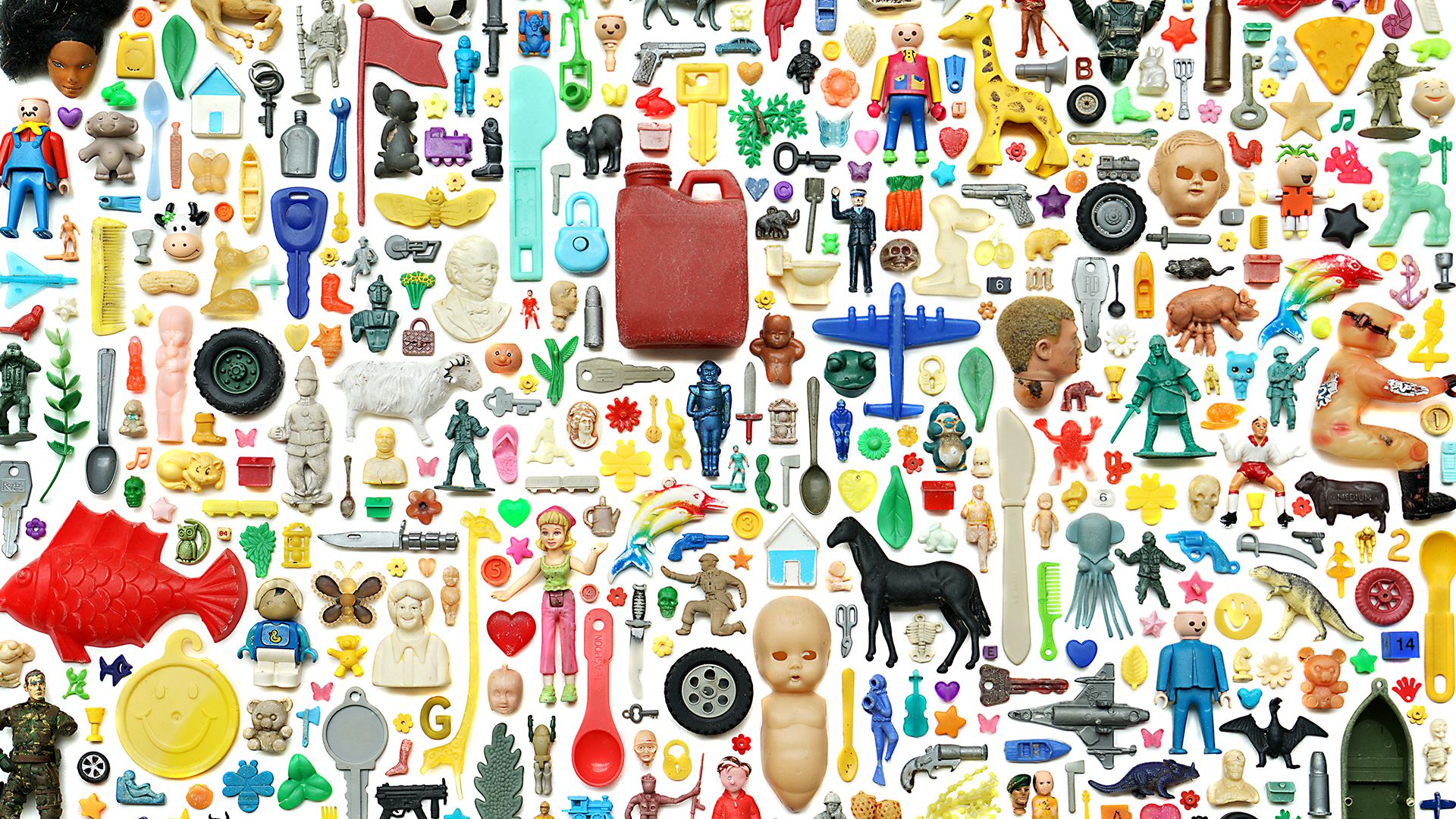
We have sipped, packaged and played our way into a global plastics crisis.
Why it matters: Activist consumer groups are pushing for less use, and to some extent, less production, while industry aims for increased recycling.
The big picture: Plastics demand is projected to only increase — and the footprint of plastic pollution with it.
- Plastics made from oil and natural gas are an integral part of our daily lives, from cell phones to shipping materials to lifesaving medical devices.
- But we use many plastics only once — and promptly discard them.
Driving the news: This week, Canada announced it plans to ban single-use plastics — likely bags, straws, plates, etc. — by 2021.
- Canada's move is part of a broader trend at various levels of government to restrict or ban certain types of plastics.
- And there's a growing "zero waste" movement on social media.
Microplastics — bits of plastic less than 5 millimeters in length — have been found lurking in the deep waters off California, on otherwise pristine mountain peaks in the Alps and in the gastrointestinal tracts of sea creatures large and small.
- It’s quite possible that, as a legacy of our consumer habits, each of us is consuming microplastics on a regular basis as well.
- What's not yet known is whether it's taking a toll on our health.
What's happening: There are calls to ban single-use plastics and force companies to rely less on petrochemicals. That industry is taking notice, trying to stay ahead of consumer backlash by focusing on recycling.
Details: Roland Geyer, the lead author of a comprehensive 2017 study on plastic production and end use, estimates that about 9,200 million metric tons of virgin plastics have been produced since 1950.
- Geyer's study projected that by 2050 about 12,000 million metric tons of plastic waste could be in landfills or the natural environment.
- Globally, less than 20% of plastics were recycled in 2015. In the U.S., it's worse. Just 9% of plastics were recycled that year, according to the most recent data from the Environmental Protection Agency.
- In 2018, China banned most plastics headed for its recycling processors, shutting down the U.S.'s largest recycling export market and compounding our waste problem.
Since most plastics come from fossil fuels, our plastics dependency is also exacerbating climate change.
- A recent report from an environmental group found that by 2030, plastics-related emissions could reach 1.34 gigatons per year — equivalent to the emissions released by more than 295 new 500-megawatt coal-fired power plants.
Unlike with other global environmental problems, consumers have more control over how this story plays out in the future.
- Efforts to replace plastic straws and switch from single-use plastic water bottles to reusable containers can make a difference when it comes to marine pollution, says Kyle Van Houtan, chief scientist at the Monterey Bay Aquarium.
Go deeper: Read the full Axios deep dive







